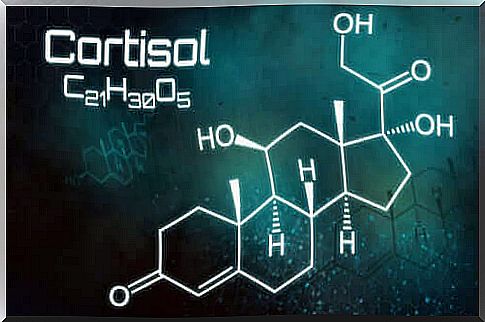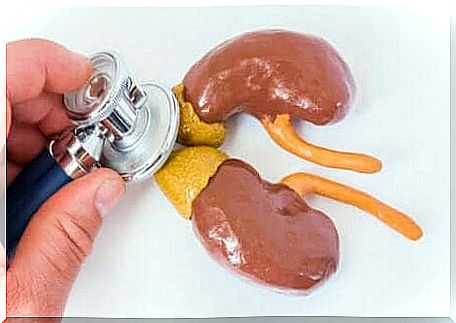Too Much Cortisol: Everything You Need To Know

Too much cortisol signifies a “cortisol spike” in the body that helped our ancestors escape danger. However, stress no longer has the same purpose as the action of this hormone.
Cortisol is produced and excreted by the adrenal glands above the kidneys. The brain sends a message to these glands to release cortisol when the body needs more energy to perform certain tasks in stressful situations.
We all have a certain level of cortisol in our blood, and it depends on the current situation. However, too much cortisol can be harmful to your health.
What causes too much cortisol?
Cortisol is thus a stress hormone that is secreted by the body whenever we go through stressful situations, which can be, for example, prolonged fasting or escape from danger.
Cortisol is also a hyperglycemic hormone, meaning it forces the body to produce and release glucose into the blood. The tissues can then use the sugar released into that blood to produce the energy they need during stress.
The ultimate purpose of cortisol is therefore to produce more energy for the body to use. In addition, it affects fluid and mineral balance as well as blood pressure.
Cortisol also regulates the sleep-wake rhythm in the brain, as we need to remain vigilant to respond quickly to stressful situations. Thus, it also affects memory and concentration.

What can be done about excessive cortisol?
Prolonged fasting or escape from dangerous animals is no longer a problem for most people today. Today, however, we have to suffer from another type of stress, most of which is mental, at work, or at school.
The brain does not differentiate between different sources of stress and responds to them all in the same way by activating cortisol. However, cortisol activity, an energy spike, is not needed during mental stress.
Too much cortisol fills the blood with glucose and quickly mobilizes fats and proteins. In addition, it blocks the production of insulin, a hormone responsible for delivering glucose to cells.
Elevated blood sugar and insulin resistance can lead to diabetes and cardiovascular disease. Fats, on the other hand, go directly to the abdominal area and contribute to the development of obesity.
Too much cortisol can also be caused by other reasons
Stress is not the only thing that produces extra cortisol; some diseases stimulate the adrenal glands, which then secrete more of that hormone. These diseases include:
- Cushing’s syndrome. The brain’s job is to “command” the adrenal glands to release cortisol, sometimes due to a brain tumor.
- Adrenal hyperactivity. That is, adrenal function is more intense than usual, either due to external stimulation or internal cellular mechanisms.
- Ectopic synthesis of adrenocorticotropin. This is a message to the brain to trigger cortisol production and release from the adrenal glands. Certain tumors, such as some lung cancers, can synthesize and secrete adrenocorticotropic hormone.
- Iatrogenic Cushing. In this case, the increase in cortisol may be due to the continuous intake of corticosteroids.

Too much cortisol: what can be done about it?
Stress raises cortisol levels, but this does not require treatment unless it becomes pathological. It is important to try to reduce stress in these situations. This can be done through relaxation exercises or any kind of activity that will consume the energy caused by that extra cortisol spike.
If you are being treated with corticosteroids, you have been diagnosed with diabetes or osteoporosis, or if you have meats for no apparent reason, your cortisol levels may be too high. So it may be behind these ailments.
In all situations, you should consult a doctor, as in certain cases, excess cortisol can be easily corrected. Your doctor will also try to trace the possible causes of this hormone overproduction by looking for tumors or organ dysfunction. To this end, your doctor may suggest additional methods.









